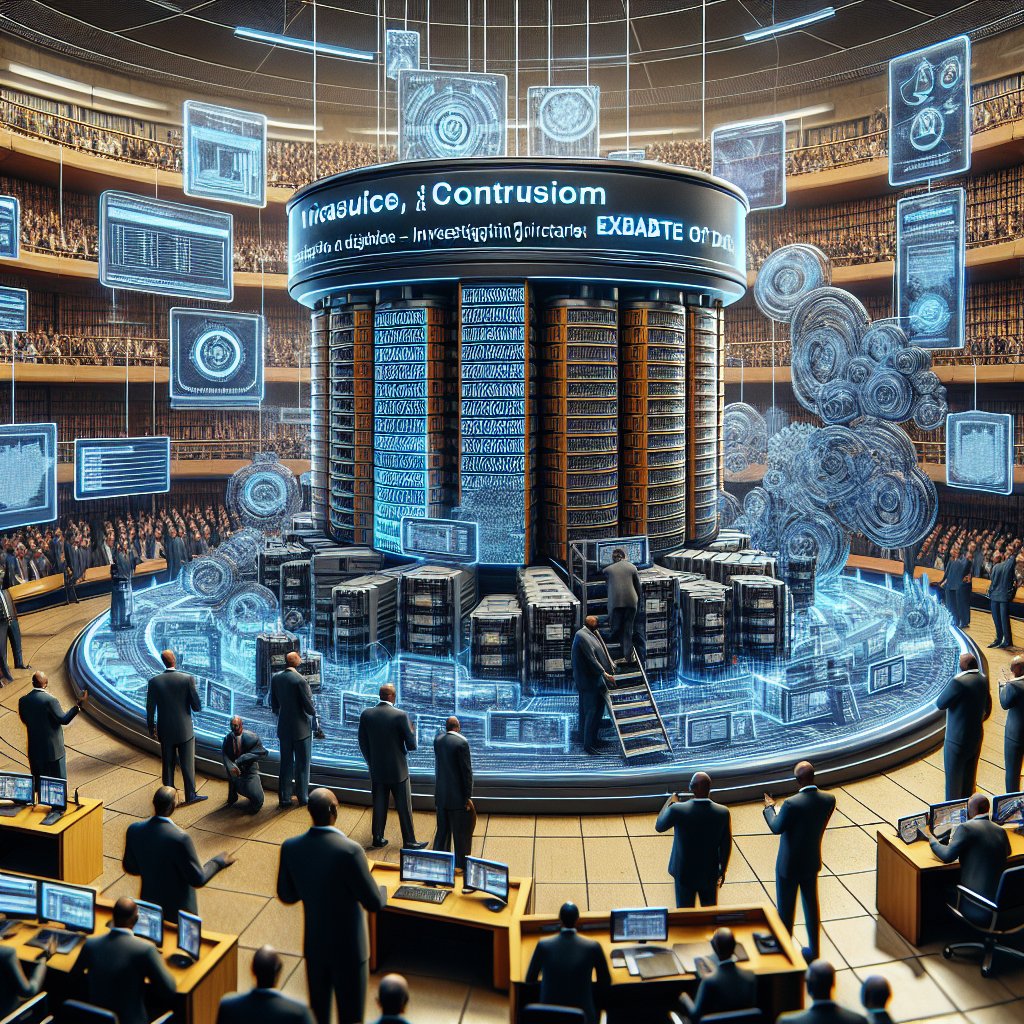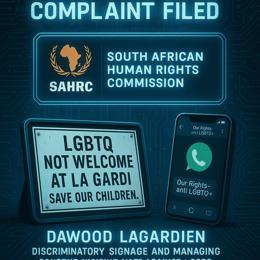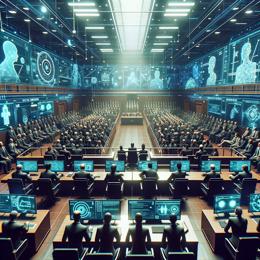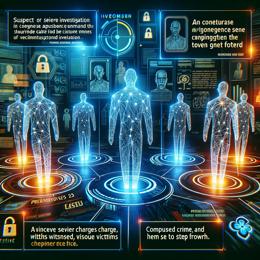Image created by AI
South Africa Grapples with Access to Crucial Evidence in State Capture Saga
A controversy is unfolding in South Africa as anonymous sources claim obstructions are being placed that prevent access to critical evidence garnered by the Zondo Commission, these insights are revealed by Rapport, explaining how the National Prosecuting Authority (NPA) and its Investigating Directorate (ID) are hitting a wall in their quest for justice.
For over two years, the NPA has sought permission from the Ministry of Justice for unfettered access to the Commission's database, which is essential for the prosecution of state capture cases. The database contains a massive exabyte of data, including 51,669 pages of transcripts and over 159,000 pages of affidavits and exhibits.
Despite last week's reports attributing inaccessibility to a maintenance issue, inside sources suspect deliberate impediment. The challenges highlight the complexity and obstacles facing South Africa’s justice system as it attempts to navigate and prosecute the intricate web of corruption and fraud exposed by the Zondo Commission.
With a price tag of nearly R1 billion, the inquiry into state capture is the most expensive judicial investigation in South Africa's history. Founded in January 2018, the Commission issued 2,736 summons and interviewed 278 witnesses, concluding with the publication of its report in June 2022. This report is now central to the pursuit of accountability and the future of South Africa’s anti-corruption efforts.
While the Ministry of Justice is said to have initiated the process of hiring a new service provider to restore access, the NPA and ID have also engaged experts to assist in recovering the vital data.
This issue echoes a similar episode earlier in the year when the ANC blamed technical faults for the loss of records from its cadre deployment committee meetings. Fikile Mbalula, the ANC secretary-general, cited a crashed laptop and inadvertently deleted emails as the cause of the information gap.
The stakes are high as the nation awaits to see the outcome of this tense situation. Whether due to technical glitches or intentional blocking, the lack of access to the Zondo Commission’s database could significantly impair the state's ability to bring those implicated in corruption to justice, underscoring the critical need for transparency, accountability, and effective governance mechanisms in South Africa.










